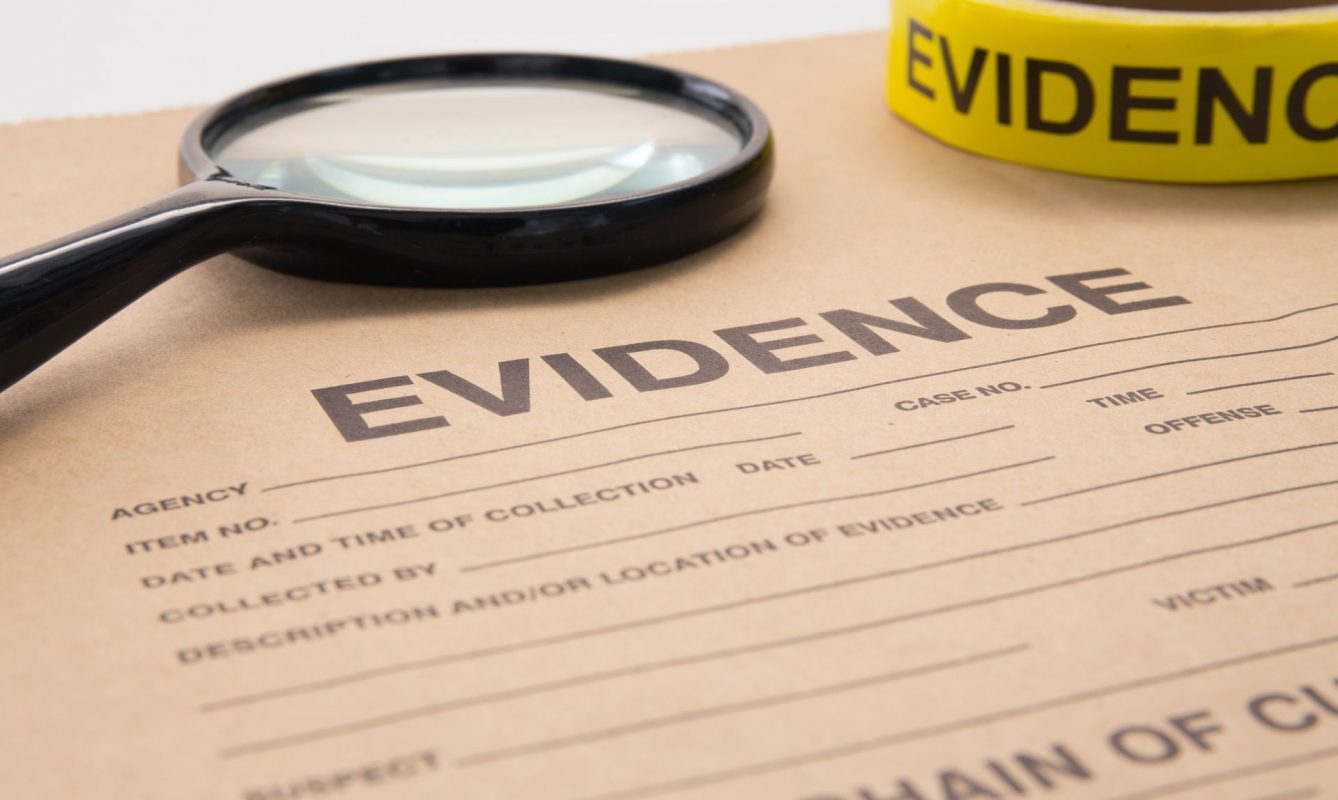Investigation

ICC cases begin with a referral, which can come from one of three sources:
Referral Mechanisms
-
UN Security Council Referral
Requires a successful vote by the UN Security Council to grant the ICC jurisdiction. This is often used when alleged crimes occur in non-member states or involve global security. Examples include referrals related to Libya and Sudan. -
State Party Referral
A State Party to the Rome Statute may refer a situation to the ICC if it believes crimes under the Court’s jurisdiction have occurred. Uniquely, a non-member state may also self-refer by accepting the ICC’s jurisdiction under Article 12(3). This mechanism has been used in cases like Uganda and the Democratic Republic of Congo. -
Prosecutor’s Proprio Motu Initiative
Allows the ICC Prosecutor to initiate an investigation without a referral, based on independently gathered information. However, this route requires authorization from a Pre-Trial Chamber of three judges, making it procedurally more demanding.
Preliminary Examination
After a referral is received, the Office of the Prosecutor (OTP) conducts a preliminary examination to assess whether a full investigation is warranted see ICC OTP Policy Paper. This includes three key tests:
- Jurisdiction Analysis
Determines whether the ICC has territorial or personal jurisdiction. The Court may proceed if:- The crimes occurred on the territory of a State Party; or
- The accused is a national of a State Party; or
- The situation is referred by the UN Security Council.
- Admissibility Check
Assesses:- Gravity: Are the crimes serious enough (e.g. genocide, crimes against humanity, war crimes)?
- Complementarity: Are national jurisdictions unwilling or unable to investigate?
- Interests of Justice
Evaluates whether opening an investigation serves the interests of victims and affected communities. This includes assessing reconciliation efforts and potential harm caused by prosecutorial action.
If all three criteria are satisfied, the OTP may formally open a case, triggering the investigation phase.
Investigation Phase
The investigation seeks to:
- Collect and preserve evidence
- Identify suspects and their roles
- Develop potential charges
- Request arrest warrants from the Pre-Trial Chamber
Roles in the Simulation
-
Referrer
Chooses which referral mechanism best fits the case context. -
ICC Prosecutor 1
Conducts the jurisdictional analysis. -
ICC Prosecutor 2
Conducts the admissibility check. -
ICC Prosecutor 3
Conducts the interests of justice review. -
ICC Pre-Trial Judge
Reviews requests for arrest warrants and approves Proprio Motu investigations. -
ICC Investigator 1 & 2
Work to gather and organize evidence that supports potential charges.